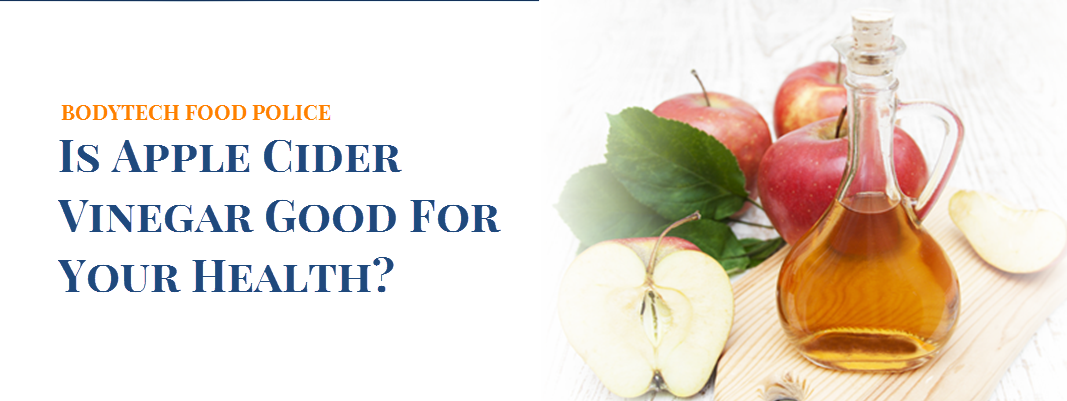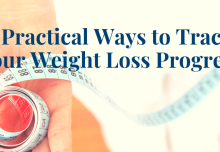The Truth About Apple Cider Vinegar
Dun, dun, dun, dunhhhh
By now you’ve probably heard all the hype about apple cider vinegar: about how it’s a miracle elixir for weight loss and a magical cure for blood sugar. We are also a bit more skeptical about such claims, but is there any truth here? As it turns out, in the case of apple cider vinegar there might just be.
Now just to be clear, we’re not saying that apple cider vinegar is a magic bullet that will solve all of your health issues. That said, there is quite a bit of evidence that adding apple cider vinegar as part of your healthy diet can help keep blood sugar under control. This is ultimately the key to keeping your weight under control, as well as, staving off the risk of illnesses like diabetes and high blood pressure.
According to Carol S. Johnston, associate director of the nutrition program at Arizona State University who has spent more than ten years studying the effects of vinegar on the diet, Vinegar appears to inhibit the enzymes that help you digest starch.” This partial digestion of starch leads to a smaller glycemic response, keeping blood sugar levels more moderate throughout the meal. Undigested starch may also act as a food source for the healthy bacteria that live in your gut, supporting your digestion and immune system.
While these benefits alone are enough to merit adding apple cider vinegar to your daily diet (and we’ll get into the healthiest ways to do that in a bit), don’t expect it to be the driver of rapid weight loss. “There is emerging research that vinegar might increase fat oxidation,” says Johnston, but remember– if it sounds too good to be true, it probably is.
Now here’s the thing– all the benefits of apple cider vinegar are not exclusive to apple cider vinegar.
Acetic acid is the “active ingredient” that we want to look for. It’s found in all types of vinegar. This is good news for those who prefer a little red wine vinegar on their salads!
One more thing: If you’ve ever shopped for apple cider vinegar at a health foods store, you’ve probably noticed it looks different than when you buy it at a regular supermarket. Specifically, that there’s a blob of stuff floating around in the bottle. In unfiltered, unpasteurized apple cider vinegar, this blob is known as the “Mother” –it’s a large clump of the bacteria that’s used to ferment wine into vinegar. Consuming this “blob” is harmless and may even promote some additional health benefits, but there’s not a lot of research to back this up.
How to Eat Apple Cider Vinegar (or should we say drink).
We enjoy the taste of apple cider vinegar on salads, but if you’re committed to getting the most benefits possible out of it, there are specific times and ways you should consume it. It’s equally if not more important to make sure you don’t eat too much. Remember, vinegar is still a strong acid and it can be harmful if you’re not careful!
Ultimately, the best way to do it is to dilute 1 to 2 tablespoons of apple cider vinegar in 8 ounces of water and drinking that once or twice a day, preferably right before lunch and dinner. The benefit here is timing– you’ll be taking in the vinegar right before eating starch so as to maximize contact between the two. Please, whatever you do, always dilute. Due to the strength of the acid, drinking vinegar straight can lead to burns of the mouth and esophagus, as well as, tooth erosion. If drinking a cup of vinegar mixed with water isn’t your thing, another option is to use it to season a salad and eat that right before your main meal. And if you’re already limiting carbs as much as possible, you probably don’t need much vinegar.
Incorporate apple cider vinegar into your diet. Attend a FREE introductory seminar and learn how BodyTech can help you lose weight and improve your diet. Sign Up Here.






